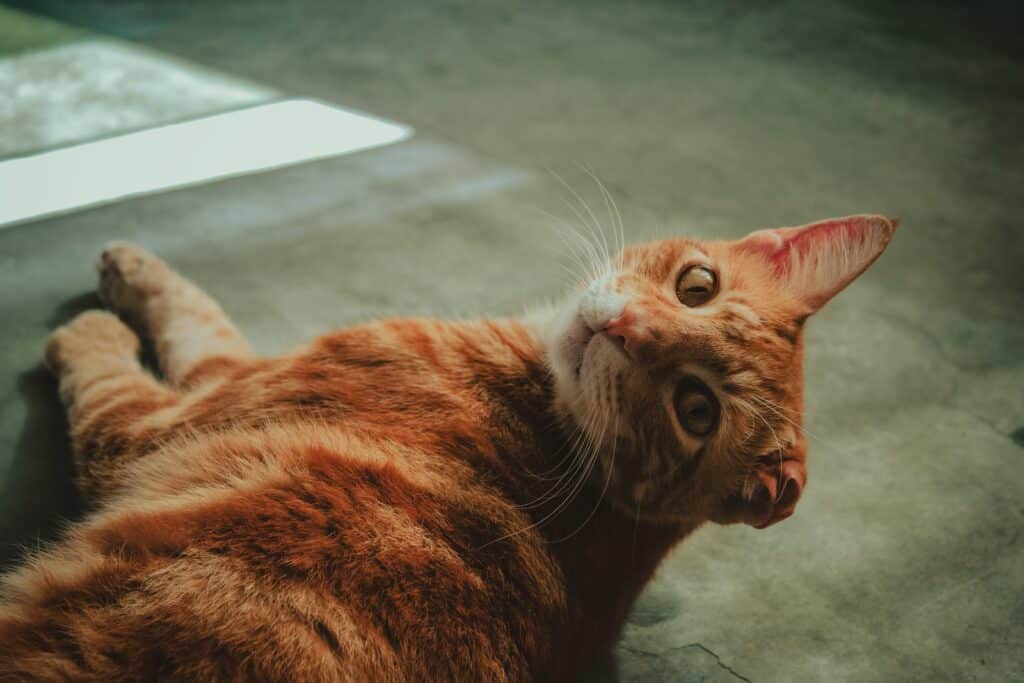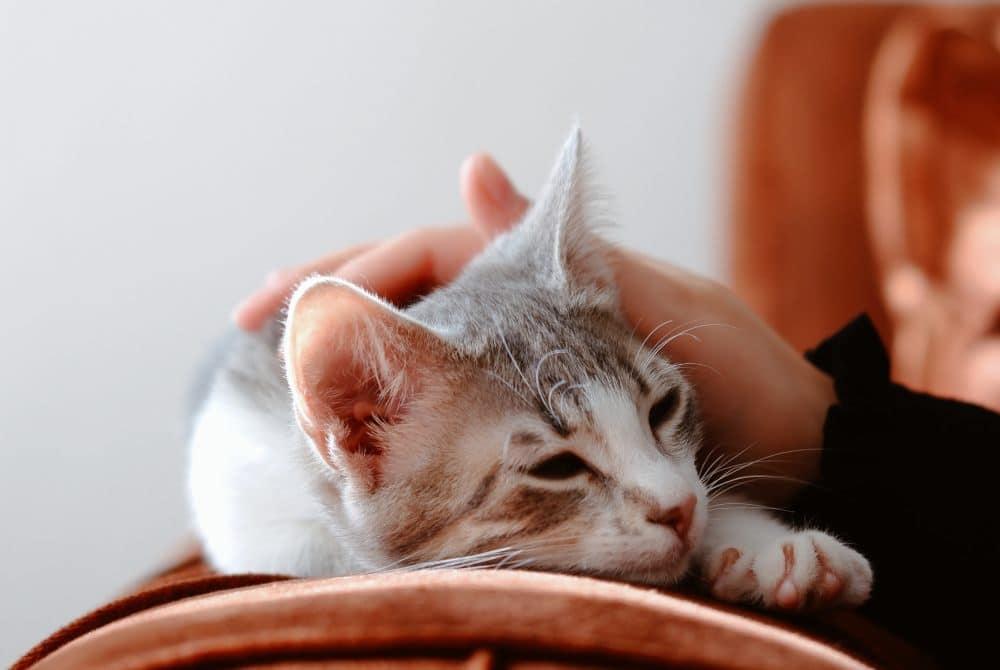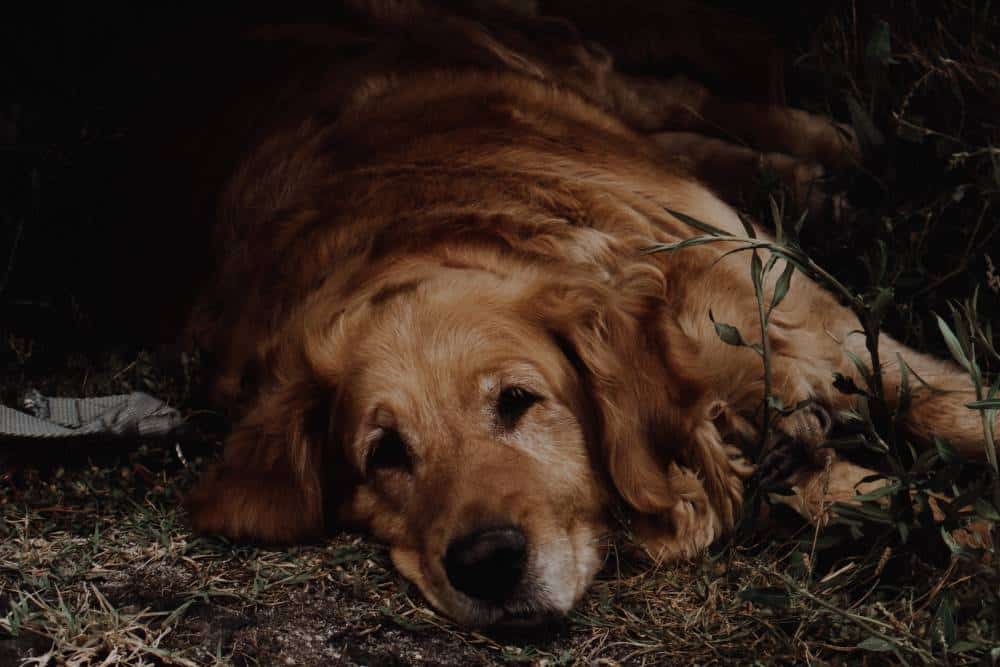Is Pet Cremation Necessary After Euthanasia? 5 Tips to Decide
When faced with the heartbreaking decision of euthanizing a terminally ill pet, many owners grapple with what to do with their pet’s remains. The choice…

Deciding to euthanize a pet is never easy, and the decision can be even more challenging when faced with a diagnosis like cancer. If you’re considering home euthanasia, you might be wondering if it’s the right option for your pet and how to go about arranging it.
In this blog post, we’ll explore the process of home euthanasia and provide guidance on how to make this difficult time as smooth and stress-free as possible for both you and your pet.
Home euthanasia involves putting your pet to sleep in the comfort of their own home, rather than at a veterinary clinic. This option can be particularly comforting for pets who are anxious about veterinary visits or too ill to travel.
By choosing home euthanasia, you can say goodbye to your beloved companion in a familiar and private setting, which can provide both you and your pet with a sense of peace during their final moments.

In-home euthanasia typically involves a few straightforward steps:
1. Arrival and Discussion: The veterinarian will arrive at your home and explain the euthanasia process, answering any questions you may have.
2. Sedation: The vet will administer a sedative to help your pet relax and ensure they feel no pain during the procedure.
3. Final Goodbye: After your pet is sedated and you’ve had the time you need to say your final goodbyes, the vet will administer the euthanasia solution, which is a lethal injection.
4. Peaceful Passing: Your pet will gently fall into a deeper sleep and peacefully pass away.
5. Paperwork and Arrangements: The veterinarian will handle all necessary paperwork and arrangements.

If your pet has been diagnosed with cancer, you might be contemplating whether home euthanasia is the right choice. Here are some key factors to consider before making this decision:
Different cancers vary in their aggressiveness and pain levels. If your pet’s cancer is particularly aggressive or painful, home euthanasia might be the most compassionate option to prevent further suffering.
For pets with advanced cancer, home euthanasia can offer a way to avoid prolonged suffering. Assessing the stage of your pet’s illness can help you decide if this option is appropriate.
Understanding your pet’s prognosis—whether they have a good chance of recovery or a limited time left—is crucial. If the prognosis is poor, with only a few weeks or months remaining, home euthanasia might provide a more gentle end to their suffering.
Evaluate your pet’s quality of life. If they are no longer enjoying their daily activities and are in significant pain, it may be time to consider home euthanasia. This decision should focus on what’s best for your pet’s comfort and well-being.
Cancer treatment can be costly, and home euthanasia might be a more budget-friendly option. However, while cost is a factor, it should not be the sole consideration.
Consulting with your veterinarian is essential to determine whether home euthanasia is the best choice for your pet. They can provide professional guidance tailored to your pet’s specific condition.
Choosing to euthanise a pet is a challenging decision, but home euthanasia can offer a peaceful and comforting farewell. It allows your pet to pass away in familiar surroundings, surrounded by loved ones. At The Kindest Goodbye, we provide compassionate home euthanasia services to ensure a gentle and respectful goodbye. Contact us to learn more about how we can support you through this difficult time.
Home euthanasia offers several advantages. Firstly, it allows you to be with your pet during their final moments, providing you with closure and peace of mind knowing you were there for them. Secondly, it is less stressful for your pet, as they remain in a familiar environment surrounded by their loved ones. Lastly, home euthanasia offers flexibility, allowing you to take your time with each stage of the process without feeling rushed.
The risks associated with home euthanasia are generally similar to those in a clinic but are often minimized in a home setting. For instance, potential issues such as discomfort from catheter placement or incorrect administration of the euthanasia medication are less likely in a familiar and controlled environment. Additionally, the anxiety that can come from a clinical setting is significantly reduced.
Deciding on euthanasia is challenging, but several factors can guide your decision. Home euthanasia might be the best choice if your pet is in significant pain or suffering, or if they are terminally ill with no hope for recovery. Ultimately, this decision is personal and should be made after considering your pet’s condition and consulting with your veterinarian.
Group cremation involves cremating multiple pets together. It is a more affordable option compared to individual cremation, but it does not allow you to keep your pet’s ashes.
Pets can experience grief when another pet passes away, though their grieving process differs from humans. They may become withdrawn or lose their appetite, but they usually return to their normal routine over time. If you suspect your pet is grieving, consult with your veterinarian for guidance and support.
The duration of the euthanasia process varies but typically lasts between 45 minutes to an hour. The process includes explaining the procedure, administering the sedative and euthanasia medication, and allowing time for you and your pet to say goodbye. An empathetic veterinarian will move at a pace that suits your needs.
In-home euthanasia provides a more peaceful and comforting experience for your pet, as they remain in a familiar environment surrounded by loved ones.

When faced with the heartbreaking decision of euthanizing a terminally ill pet, many owners grapple with what to do with their pet’s remains. The choice…

Parting with a beloved pet is among the most heart-wrenching moments a pet owner can endure. This period is marked by deep love, sorrow, and…

When faced with the heart-wrenching decision to euthanize a beloved pet, many pet owners contemplate whether in-home euthanasia is a viable option. Making this choice…
If you would like to learn more about our service or need advice, we offer free phone consultations with one of our caring vets to discuss your pet's situation.
If you would like to organise a peaceful farewell for your beloved pet at home, you can make a booking request and we will get back to you ASAP with availability.
Pricing for our services can be found here.